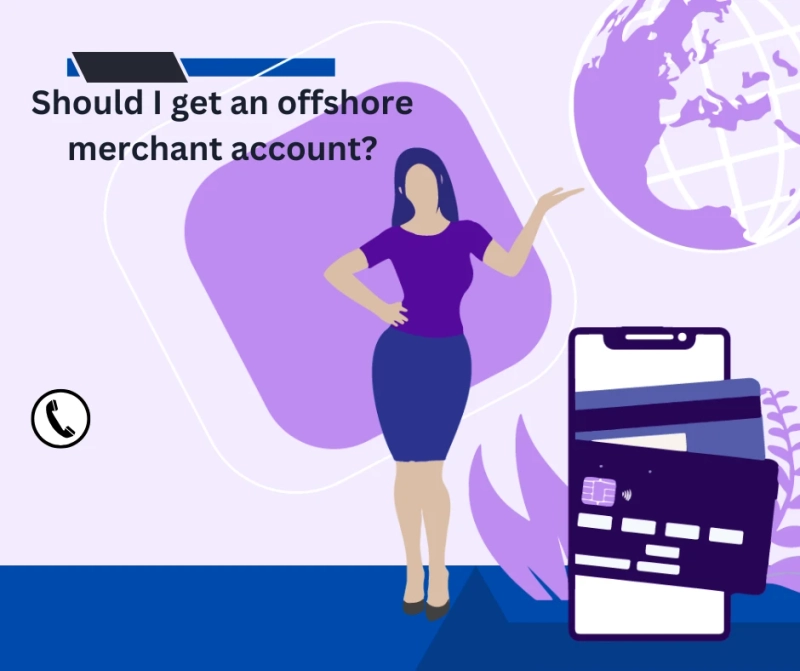Introduction
When it comes to accepting credit card payments, there are two types of merchants. On the one hand, you have domestic businesses that are only accepting credit cards from other U.S. customers and on the other hand there are international businesses that accept payments from all over the world.
If you're in the second category, then getting an offshore merchant account might be right for you. An offshore merchant account allows your business to accept international payment transactions by using an intermediary bank or gateway service provider based outside of the United States (and usually outside of your country). The upside is obvious: more sales! But before you get too excited about taking payments from around the world, let's take a look at what exactly an offshore merchant account is as well as some potential drawbacks.
What is an offshore merchant account?
An offshore merchant account is a way to accept international credit card payments. Offshore merchant accounts are not the same as offshore bank accounts or business bank accounts. They're also different from regular merchant services, which are usually provided by domestic banks in the United States and other countries.
How do offshore merchant accounts work in the United States?
An offshore merchant account is a payment processor's account. This means that the actual card reader and software are hosted on the payment processor's servers. An offshore merchant account can be used as an alternative to traditional solutions, such as accepting payments through a traditional POS terminal or through e-commerce plugins like WooCommerce and Shopify.
An offshore merchant account isn't actually a physical card reader; it's just an account with a payment processor. The only hardware you'll need to use your new offshoring solution is an internet connection and browser--no additional equipment needed! You'll link up with your new service provider via their website (which connects directly with yours), then provide them with all of the necessary information about how they should route orders through their system before sending them off into cyberspace where they'll eventually find themselves at another website: Your customer's browser!
Is it safe to get an offshore merchant account?
Offshore merchant accounts are regulated by the government of the country where they are located, so you can be sure that your payments will be secure. Some offshore merchant accounts have better fraud protection than others, so it's important to research this before making a decision.
Some offshore merchant accounts offer 24/7 customer support, which means you can contact them at any time with questions or concerns about your business's account.
There are several countries that offer offshore merchant accounts. Some of the most popular are Cyprus, Malta, Gibraltar and British Virgin Islands. The next step is to decide which one is right for you!
Do I need a business license to get an offshore merchant account?
No, you do not need a license to get an offshore merchant account. However, if you want to accept credit cards in the US, then yes! You will need a business license for your company.
You can get this from your state government or county clerk's office and it will cost around $150 per year (but varies by state).
You may also want to consider forming an LLC for added protection against liability if something goes wrong with one of your clients' orders or with another business partner who claims they were damaged by working with you (see below).
An offshore merchant account can help you accept international credit card payments, but make sure you understand the risks.
There are many types of merchant accounts, but the most important distinction is whether they're domestic or offshore.
Domestic merchant accounts are issued by US banks, which means that all your customer data will be stored in the United States. If you have a domestic account and accept payments from foreign customers, this information must be sent to your bank (and possibly stored there). This can make it easier for hackers to access sensitive data about your business--or even steal money directly from your account!
Conclusion
With all of the risks and benefits, it's important to make sure you understand what an offshore merchant account can do for your business. If you want to accept international credit card payments but don't want to deal with the hassle of getting one set up in the US, then an offshore account may be worth considering. However, if you're unsure about whether or not this option is right for you (or if there are other ways), then talk with a financial advisor before making any decisions!


